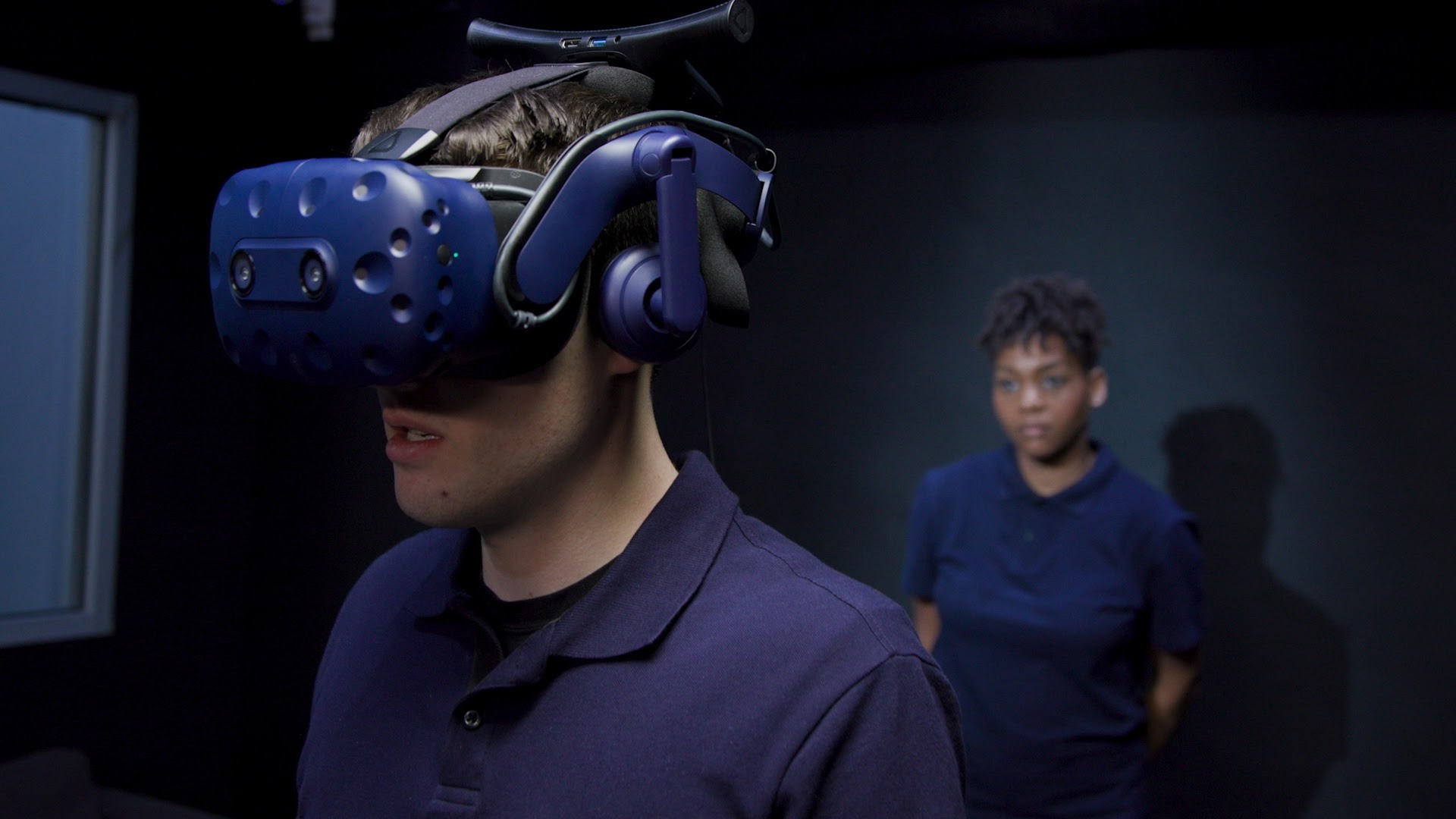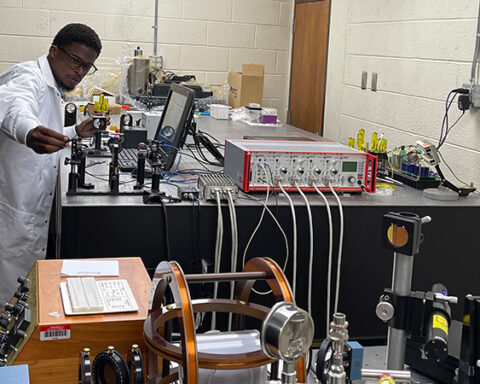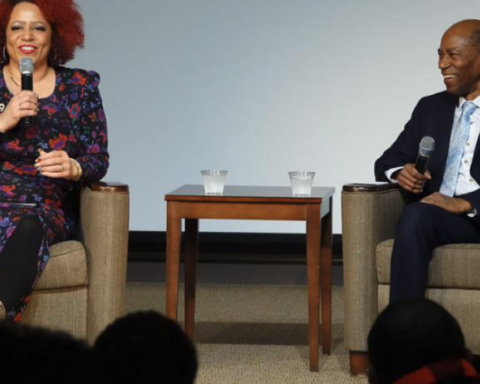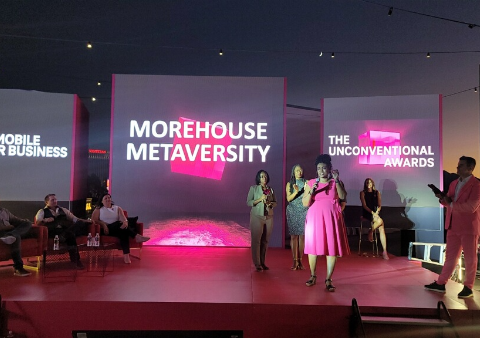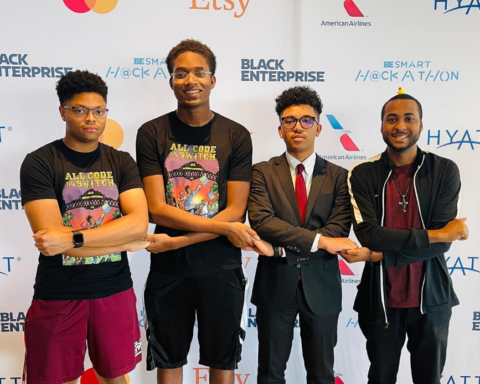By Morehouse College,
Morehouse College’s Culturally Relevant Computing Lab and its National Training Institute on Race and Equity announce their partnership with Google’s Jigsaw to create Trainer, a platform using virtual technologies designed to train police in de-escalation tactics in an immersive, realistic environment. Through collaboration with a diverse group of civil society organizations, academics, researchers, and law enforcement in the U.S., the technology explores whether virtual reality can advance de-escalation training by enhancing communication and critical thinking skills.
“We hope that the program will allow law enforcement officers to walk in the shoes of community members, particularly young Black males, and develop a deeper sense of empathy,” said Bryant Marks, Ph.D., associate professor at Morehouse College and founder and principal trainer at the National Training Institute on Race and Equity. “Police officers and the public will benefit if the technology can assist in reducing the number of fatal – and controversial – police shootings of unarmed African Americans. We are excited about this technology because immersive experiences have been shown to have a profound impact on thinking and behavior. This technology, in combination with strong anti-bias training, not only has the potential to reduce racial and ethnic disparities in policing but also enhance the life outcomes of historically marginalized groups in many other areas.”
Jigsaw forecasts emerging threats and develops research and technology to help drive change. To date, the research has focused on applying conversational realism, virtual reality realism, and tactile usability to VR scenarios to create a dynamic, realistic, and believable training environment for them to use. Trainer is a VR platform that combines recent advances in voice recognition, natural language processing, and VR to provide law enforcement instructors and criminal justice scholars with an immersive, realistic environment to train and evaluate officer performance
“I think it’s important for everyone in the community to understand how complicated, intense, and stressful these encounters are for both sides,” Kinnis Gosha, Ph.D., division chair of experiential learning and interdisciplinary studies at Morehouse College. “Technology can help ease these encounters and this partnership is just the starting point. The focus for this pilot will be centered around three stakeholders: the officer, the bystander, and an adolescent participant. Our hopes are that we can understand the effectiveness of the software as it currently stands and what enhancements can be made to make the software more effective.”
At Morehouse College, the Culturally Relevant Computing Lab and the National Training Institute on Race and Equity will study Trainer’s effect on officers’ empathy toward Black Americans and will leverage the technology to strengthen anti-bias law enforcement training, in which students can serve as research assistants and training co-facilitators.
In the next phase of the work, academic researchers and students from Morehouse College’s Culturally Relevant Computing Lab and its National Training Institute on Race & Equity as well as the University of Cincinnati’s Center for Police Research and Policy, University of Maryland’s Lab for Applied Social Science Research (LASSR), and Georgetown University’s Law Center, Innovative Policing Program will take the research forward to determine efficacy, the context for effective deployment, and use it to further refine the interaction model, among others.

